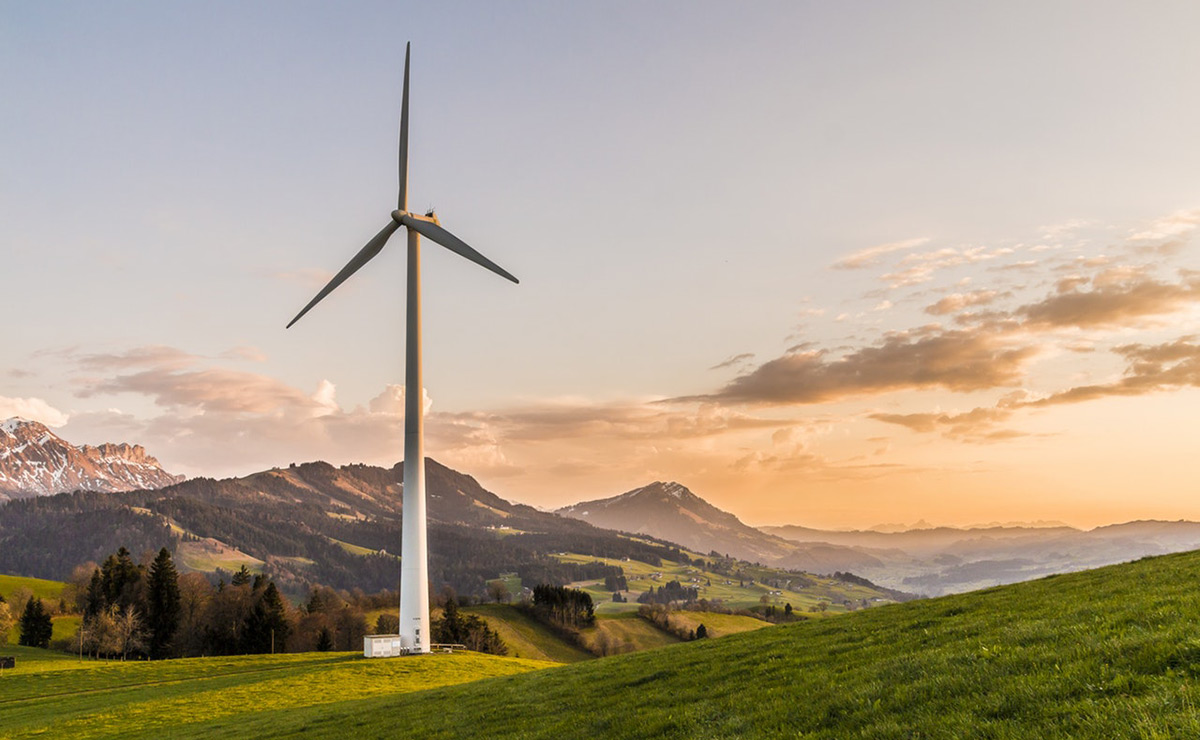Climate change

The Church of Scotland is concerned that climate change poses a serious and immediate threat to people everywhere, particularly to the poor of the earth, and that climate change represents a failure in our stewardship of God's creation.
We accept the need to reduce the emissions of greenhouse gases urgently to avoid dangerous and irreversible climate change, and to promote a more equitable and sustainable use of energy.
The Church of Scotland takes climate action on three fronts, described below.
Public life and social justice
We have a team that works to bring about positive change in society through our relationship with the Scottish Government. The team meets with government ministers and civil service and responds to consultations on matters related to biodiversity and climate to ensure the voice of the General Assembly is heard in government.
As climate change permeates all sectors, this means we may be responding on topics ranging from transport and energy strategies to agricultural policy. This is also the team that responds, often alongside church partners, to international developments, events and conferences, such as the Climate and Biodiversity Conference of Parties (CoP).
The Church is also a member of the Stop Climate Chaos Coalition (SCCS) and maintains close relationships with the European Churches Environment Network (ECEN), Christian Aid and numerous other environmental non-governmental organisations and networks.
Congregational engagement
We are also taking climate action in congregations. As one of the funders of Eco-Congregation Scotland, we are committed to supporting community-led action in churches across the nation. The Congregational Engagement Team works to raise awareness, equip and inform congregations on what they can do in their own communities and make them aware of various campaigns they can take part in.
Net Zero by 2030
We acknowledge that Scotland was one of the first nations in the world to undergo the industrial revolution, and that extraction of coal, oil and gas from Scotland's territory have driven much of our present-day lifestyle. We are still dependent on fossil fuels to heat our buildings and for transport, but the General Assembly of 2020 set the target for the Church of Scotland to be a Net Zero organization by 2030.
We have been asking questions as to how we might achieve this. For example: What does Net Zero mean? What is achievable in this timeframe? What is the baseline by which we measure emissions? How do we collect data and reduce emissions across thousands of buildings across the country? What will it cost in financial terms? Can we offset our emissions in a way that is credible and ethical? How do we account for emissions from the activities of individual congregations?
None of these questions have easy answers and we are working hard to explore these and many more topics. The Assembly Trustees have approved a Net Zero Outline Strategy which sets out the plan for how to find the answers.
We are working on material and resources to help congregations measure, reduce and offset carbon emissions. This will be available on the website by the end of the year.
We are working in partnership with the Church of England to develop an energy footprint tool which will enable congregations to measure and report the emissions of their buildings. We also hope to have this available to congregations by the end of the year.